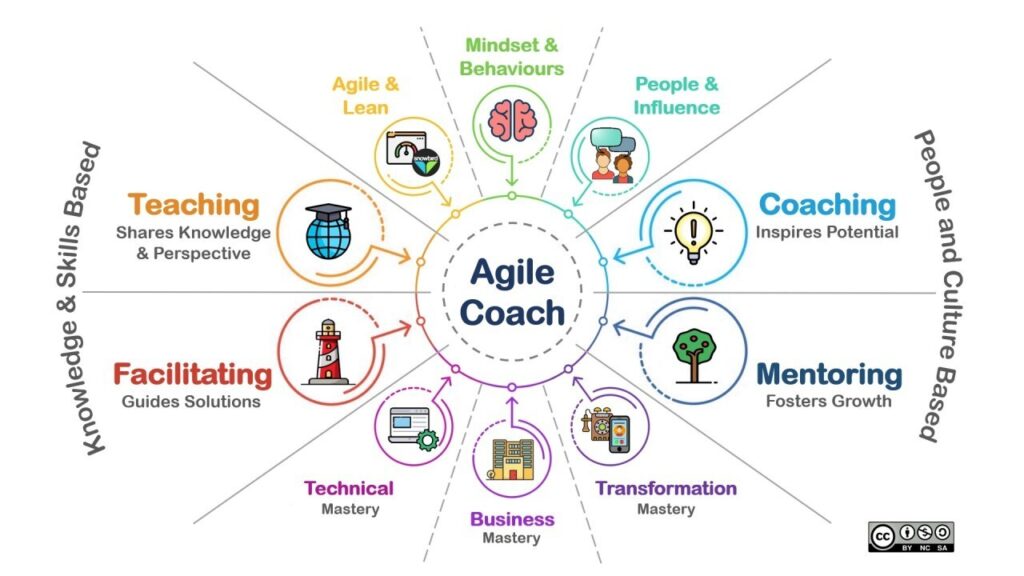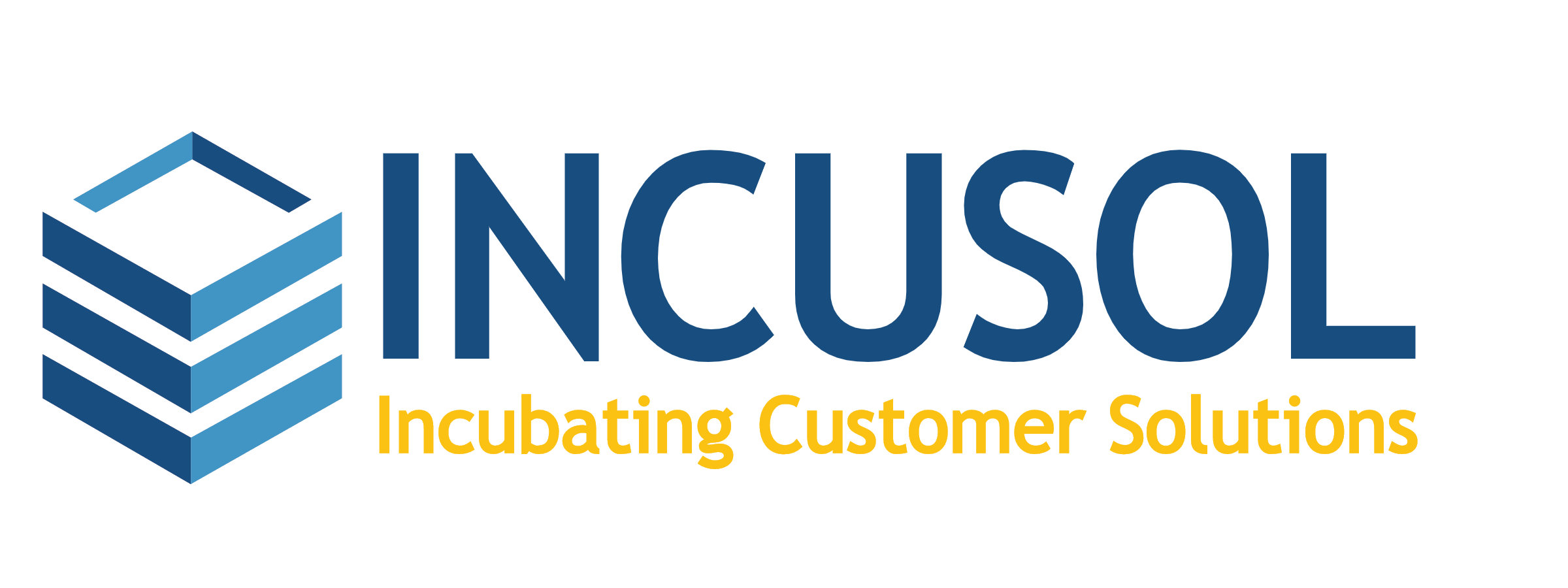Agile Consulting

Agile project management is an entire set of iterative, incremental practices to maintain control while keeping up with the insane rate of change project managers often have to deal with. Agile project management includes several different methodologies. The most popular are scrum, Kanban, and XP. Agile management is commonly used in software development, though few understand the reasons why. But if you need to manage a software development team and haven’t gone Agile yet, you’re cheating yourself out of a competitive advantage. Here are four benefits of agile project management for software development.
Agile for changing requirements :
Software and hardware are constantly evolving. Agile software development allows you to keep up with changing software requirements as well as address the needs of the customer. You also get fewer change requests because agile frameworks encourage user involvement from the very beginning. Yet you can easily adapt when requirements do change.
Agile software development originally appeared to handle brand new software product development. According to Kanbanize, a leading provider of Kanban software, agile methodology arose when there was a lag of three years between the business need for a software application and the time it took to hit the market. They also mentioned that it started at a single meeting in 2001, eventually resulting in the Agile Manifesto. However, the multiple benefits of agile methodology such as flexibility, transparency, and productivity, resulted in it being adopted by other industries.
Mitigate Risk :
Agile project management has planning at every stage of the project. You’re determining what brings value to the business at the very start, so you don’t waste time and resources on something that doesn’t help the customer or the organization.
And you’re ensuring that everyone and everything is fully utilized, improving productivity. Because everyone is working on important tasks that are clearly outlined and then maintained, no one wastes resources working on tasks that aren’t value-adding. All of this reduces risks related to development from sunk costs on a project that may not turn a profit to wasting talent you could put to use elsewhere.
One benefit of agile management is that rapid product development gives you a minimally viable product as quickly as possible. This allows you to get a new software product to market or a new feature into your flagship product fast.
Project Management Simplified :
A side benefit of agile product development model is that it forces companies to keep sprint lengths and team assignments the same during each project stage. You then know the cost of every project and can more quickly calculate the ROI for each proposed change. You can accurately predict budgets and timelines for proposed changes, and you can schedule releases and product backlog more easily.
The fact that Agile methodologies are iterative means that you’re able to deliver features incrementally, which then allows you to get benefits earlier while products are in development. This also means that working on the actual development of a product starts early.It can take only a few iterations for a product to be considered ready for market. And with Agile, new features can be added continually and rearranged in order of importance. Bugs can be fixed, and patches rolled out without skipping a beat.
The great thing about Agile is that you can react to client feedback faster and come up with solutions fast. This is something that will be viewed as a great thing by users and a sign that you take their concerns seriously and are ready to act on them.
Delivery cycles are also shortened with Agile, which is essential if you’re in a fast-moving sector. This also allows you to get a first-mover advantage in some cases.
What Is an Agile Coach?
An Agile coach is a person who is responsible for creating and improving Agile processes within a team or a company. Agile coaches can either be employees or work as external contractors. Usually, a need for an Agile coach is identified when a company is transitioning from their existing working practices, such as Waterfall, into working with the Agile methodology principles.
Agile coaches mostly come from project management, product management, IT, or software development backgrounds. They usually have a lot of experience with different Agile methodologies, such as Scrum, Kanban, and Scaled Agile Framework (SAFe). They are usually proficient in coaching and mentoring and are able to guide and help people to figure out the right solutions for their challenges.
Why Do Company Need an Agile Coach?
Agile is easy to understand, but hard to master, resulting in many leaders running into problems when making the switch. Most of these problems come about due to unrealistic expectations of how easy it is to implement Agile within a team, department, or the whole company.
For example, the appeal of Scrum is huge because it seemingly offers a one-size-fits-all solution, which is easy to implement. However, every situation is different and many project managers find themselves in situations where they have implemented all the right Agile processes, yet there is a feeling that something is not quite working. Alternatively, sometimes Agile seems to work in one business unit, but not in another.
This is the situation when an Agile coach becomes a valuable addition to the team. It is his job to figure out the reasons why Agile is not delivering the expected results and what steps need to be taken to remedy the situation.
Agile Coach :
Most Agile coaches have some prior experience as an Agile team facilitator as it is a natural stepping stone in the process of becoming an Agile coach. An Agile coach is concerned with spreading Agile at a multi-team level and throughout the organization. While sometimes an Agile coach might engage with teams on an individual basis, more often they will work with Agile team facilitators and other internal ambassadors of Agile to identify and remove any obstacles hindering the implementation of Agile.
Typical undertakings of an Agile coach are:
- Integrating Agile teams or departments within the wider processes of a predominantly non-Agile company.
- Encouraging the proliferation of Agile best practices between different teams.
- Mentoring and coaching of Agile team facilitators.
- Overcoming resistance from top management due to a perceived reduction of control.
- Measuring the results of transitioning to Agile.
